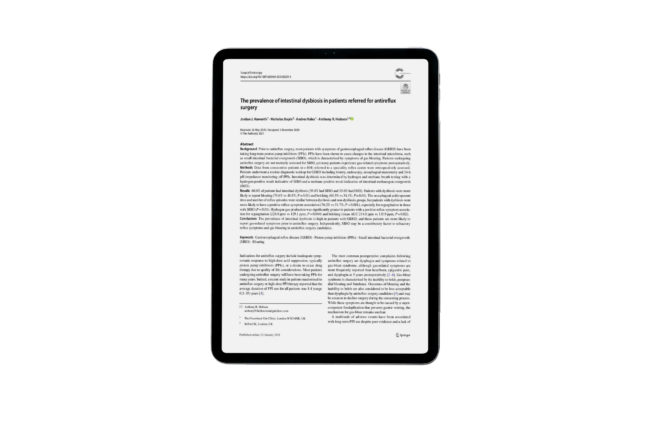Breath Testing 101: Learn Everything You Need to Know Before you Prescribe a Breath Test to Your Patient
As a leader in functional GI diagnostic solutions, we get asked a lot of questions from healthcare providers about breath testing. To assist in providing further education for our provider partners and your patients on your diagnostic options, here are few things to know: What is breath testing? Breath testing is a non-invasive, simple way…










